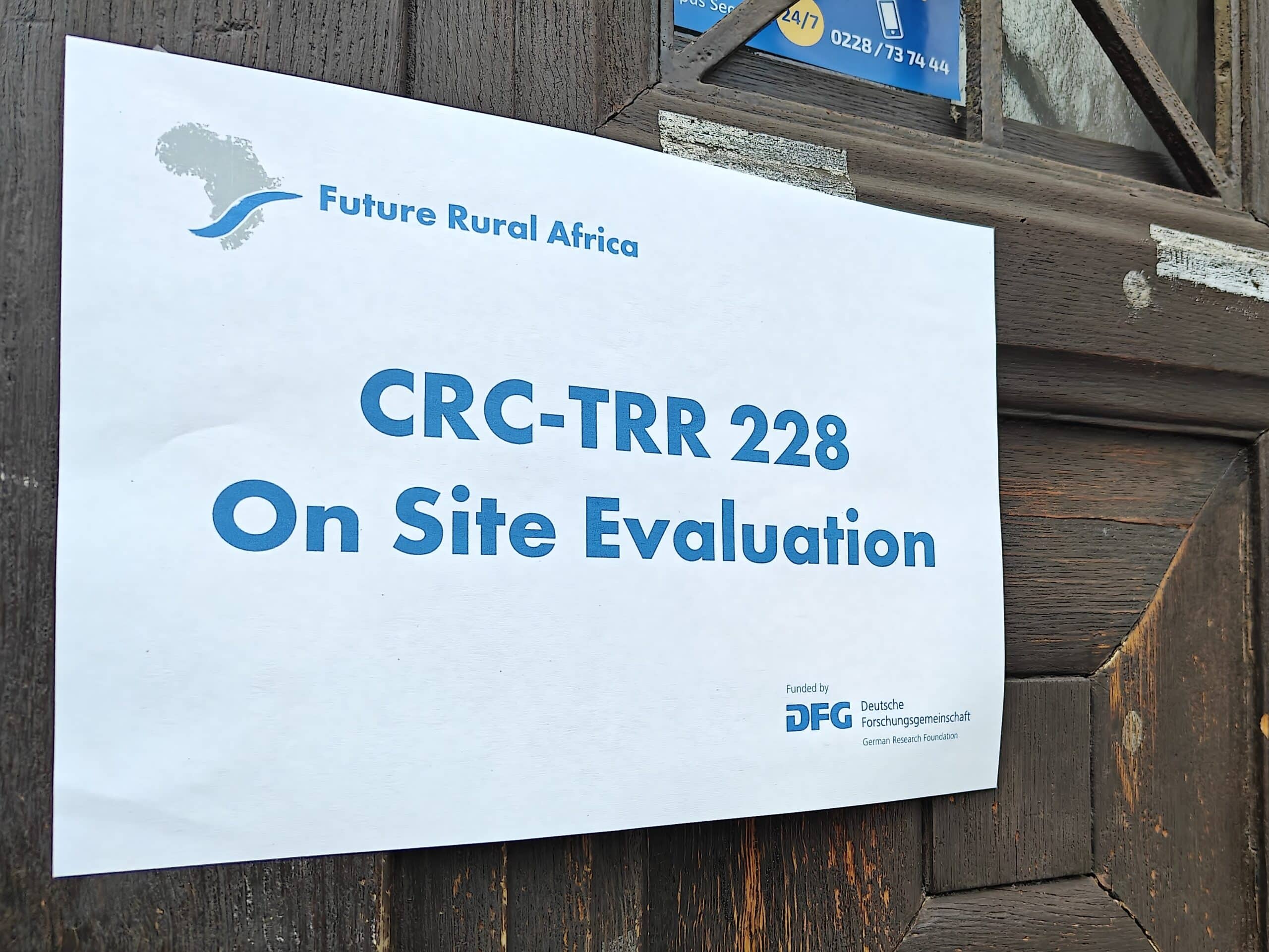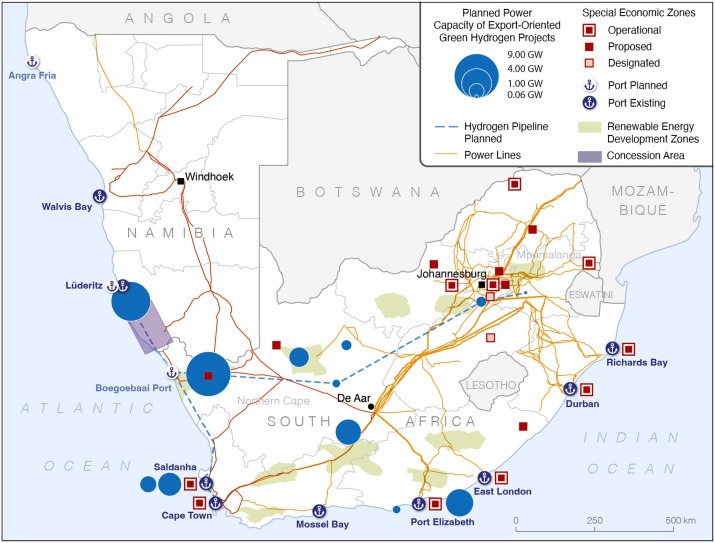Together with co-editors Sören Scholvin, Anthony Black, and Ivan Turok, the CRC’s PI Javier Revilla Diez (C01 – Future in Chains) recently published the edited volume „Value Chains in Sub-Saharan Africa – Challenges of Integration into the Global Economy”. The volume includes a selection of papers presented at the conference on ‘Value Chains in the Global South: Challenges of Integration into the Global Economy’, held in Stellenbosch, South Africa, in October 2017 and funded by the Volkswagen Foundation.
The contributions to this book address various features of the integration of sub-Saharan Africa into the world economy via value chains, so as to explain corresponding challenges and opportunities. In this way, the book takes up relevant topics of the CRC “Rural Future Africa”. Value chain integration is seen by international donors and national governments as catalytic tool of future making. The book deals with five issues that have not been covered adequately in scientific debates: first, policies are essential to promote value chains and increase their impact on development; second, value chains are diverse, and the variance between them has major economic and political implications; third, regional value chains appear to constitute a viable alternative to global ones (or, at least, are complementary to them), promising better developmental outcomes for the Global South; fourth, political and socio-economic factors are important considerations for a complete assessment of value chains; fifth, cities and city regions are also crucial objects of study in seeking to achieve a comprehensive assessment of value chains.
Especially relevant to the work of the CRC is the chapter of Asmita Parshotam and Javier Revilla Diez, that deals with SAGCOT and is entitled: Economic Growth Corridors Through a Value-Chain Lens: The Case of the Southern Agricultural Growth Corridor in Tanzania. The paper discusses the needed conditions for a successful integration of smallholder farmers, as the very optimistic future perspectives are not coming automatically.
The book has been published by Springer Nature Switzerland in May 2019 as Hardcover and eBook. The publication can be found on the Springer Website: https://www.springer.com/gp/book/9783030062057






